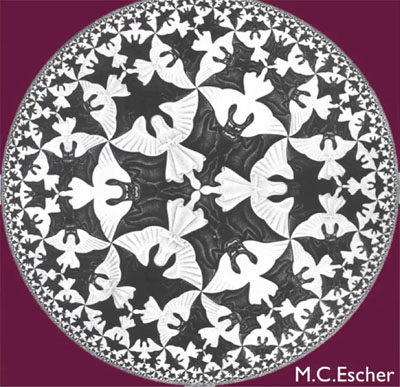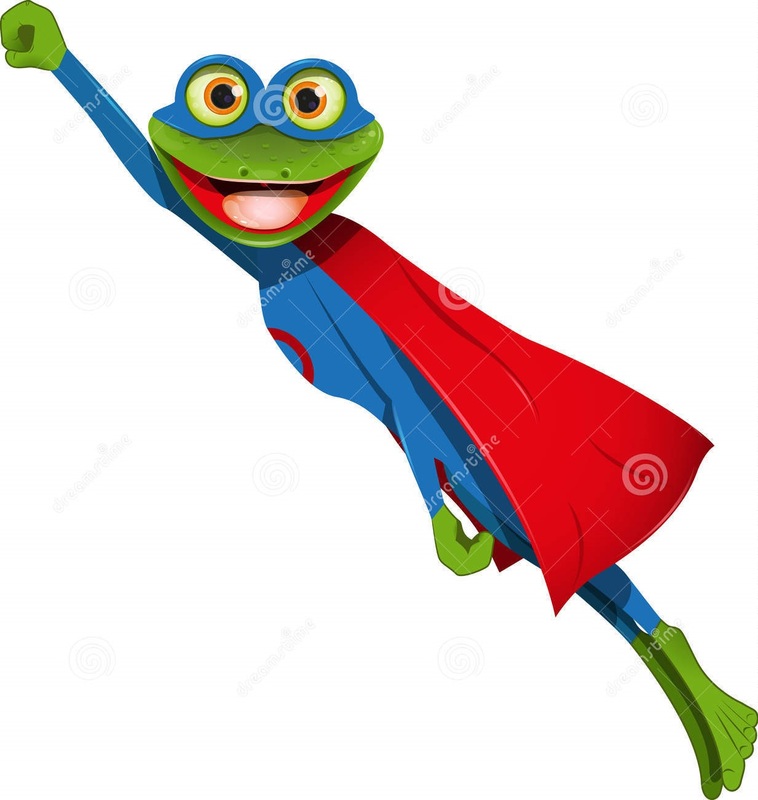There isn't a clear answer why some people become heroic, and others do not. Is it because they have more compassion and empathy? Maybe. Or, perhaps, there's a gene some some people are born with. Or, still yet, it could be their level of oxytocin...the hormone that leads us to do altruistic things. Several studies have shown that heroism is different than compassion, or altruism. What researchers have found is that heroism consists of several elements.
The first element needed is service perfomed to others that are in need. It may be an individual, a group, or a community. Or it can be in defense of certain ideals The second element is that the act must be engaged in voluntarily. Even in a military context, heroism goes above and beyone the normal call of duty. Thirdly, the heroic act is one that is performed with the knowledge that there are possible risks and costs involved as in injury, death, or loss of reputation, yet the actor is still willing to accept those risks or sacrifices. Lastly, the act is performed without external gain anticipated at the time the act is carried out.
What I bet you didn't know, and I sure didn't, is that heroism and evil are actually two sides of the same coin and not so really different in their make up. The very situations that can inflame hostile imagination and acts in some people, making them villains, can also instill heroic imagination and acts in others prompting them to do heroic deeds. So what causes one person to take the high road and the other person the low road?
Research shows that there's no clear line between good and evil. The line is actually permeable and people can cross back and forth throughout their lifetime.
When you squint and focus on the white images, in the picture above, you see dancing angles. When you squint and look at the dark images, you'll see devils. The world is like that, too. Light and dark are both aspects of human nature (and frog nature, too...I know for a fact!) Humans are born with the capacity to be anything. Because humans have such incredible brains, anything that can be imagined can be possible; anything that becomes possible can be transformed into action...for better or for worse.
Humans and, dare I say frogs, are shaped by their circumstances; by the family we're born into, our culture, and even the period in history when we live. They are all accidents of birth. It's kind of scary to think about, but we all have the capacity to do terrible things. We also have the capacity to do wonderful things! It seems that each of us possesses an "inner hero." If stirred to action we can perform deeds of tremendous goodness for others.
Another interesting aspect of recent heroism studies is that few people actually do evil, and even fewer act heroically. The rest of the population falls into the category of "reluctant heroes." What is needed, then, to bring the "call of duty" to the rest of humanity? Is there aware to make them aware that evil exits? Philip Zimbardo, a noted expert on heroism, says that "there isn't a clear recipe for creating heroes, but we have some clues based on stories of some inspiring heroes."
Just in case you're wondering how to become a hero, there are some tips that can help you to become a "superhero" even if it's just to your son or daughter. Becoming a hero to one is just as valuable as being a hero to many.
Heroes surround us. One in five...20% of the population...qualify as a hero. Of 4,000 humans surveyed, 72% said they'd help out a fellow person in a dangerous situation. Sixteen percent stated that they'd blown the whistle on an injustice. Six percent admited that they had sacrificed for a non-relative or stanger. Fifteen percent said they'd defied an unjust authority. And not one of these people had ever been formally identified as a hero!
Opportunity matters. Most heroic acts happen in urban area. That's just the way it is. Most of the really bad stuff happens in the populated regions of the world. But there are many ways to serve, no matter where you live. You just have to look.
Education matters. The more educated you are, the more likely you are to become a hero. Education tends to make us more aware of situations. Yet another reason to stay in school, or continue education no matter our age.
Volunteering matters. One third of all the people surveyed were big volunteers...some as much as 59 hours a week! That's a lot...but even volunteering for a couple of hours a week can help change someone's life.
Gender matters. Males are far more likely to perform herpic acts as women. Women tend to not regard what they do as heroic...it's just what they do for their family and loved ones. Mom's are all superheroes, if you ask me!
Race matters. Blacks were eight times more likely than whites to qualify as heros. This could have to do, in large part, with opportuity. (There wasn't any data on how many of us frogs perform heroic acts.)
Personal history matters. If you've survived a natural disaster, or personal trauma, you're three times more likely to perform a heroic act for another...and to volunteer.
We can all work toward building a better future. I think, regardless of age, gender, race, or where we live. We only have to look for opportunities to serve others. Perhaps those we choose to serve will be animal, and not human. We owe a great deal to those humans who take care of the homeless, abused, neglected, and endangered critters, too. We're all here for a reason. It shouldn't matter who, or what, we serve. The idea is to just become more observant; find a need that touches us, and work towards making it better. We can't all have super powers, but we all can choose to help in our own way. And that's pretty super, if you ask me!


 RSS Feed
RSS Feed